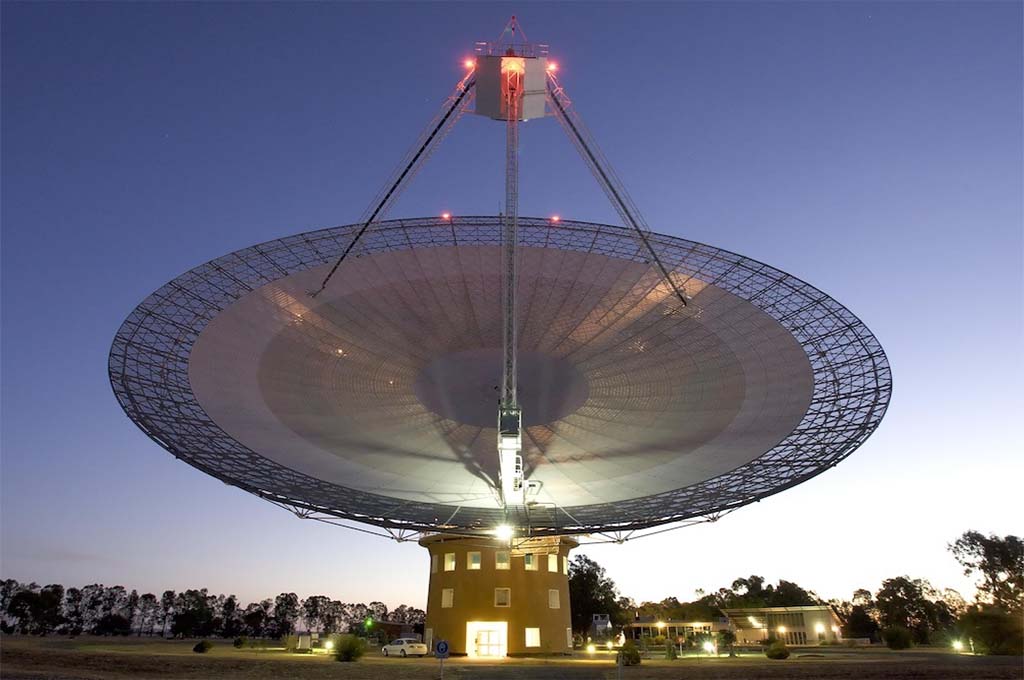Quantum Technology Explained

Quantum technology might sound complex, but it’s set to reshape our world in fascinating ways. In this blog, we’ll explore what it really is, how it works, and the exciting possibilities it holds for the future.
So, What Exactly Is Quantum Technology?
To get a grasp of quantum technology, think of the mind-bending world of quantum mechanics—the branch of physics that studies particles smaller than atoms, like electrons and photons. In this realm, particles behave in ways that defy our everyday logic: they can exist in multiple states at once (a phenomenon called “superposition”), and they can be “entangled,” meaning a change in one particle instantly affects another, even across vast distances.
Using these strange properties, scientists and engineers are developing quantum technology, which is a category of tools and systems that operate in ways impossible for traditional tech. The field is mainly divided into quantum computing, quantum communication, and quantum sensing, each with transformative potential.
Quantum Computing: A New Level of Power
In quantum computing, information is processed differently. Traditional computers use bits, which are like tiny switches that are either on (1) or off (0). By contrast, quantum computers use qubits, which can be both 0 and 1 at the same time thanks to superposition. This lets them solve very complex problems much faster than classical computers ever could.
Imagine trying to solve a puzzle with a thousand possible solutions. A standard computer would test each solution one by one, but a quantum computer could evaluate many of them simultaneously, solving the puzzle in a fraction of the time.
Quantum Communication: Ultra-Secure Information Sharing
Quantum communication promises an unprecedented level of security. It uses entanglement to ensure that any attempt to intercept data would immediately change its state, alerting both the sender and receiver. The result is data transmission that’s nearly impossible to hack.
Industries like banking, government, and defence could benefit enormously from this technology, with sensitive information secured against cyber threats. Imagine a future where your online banking or government documents are entirely protected—quantum communication could make that a reality.
Quantum Sensing: Extreme Precision for Health, Navigation, and More
Quantum sensing offers precision measurements far beyond current technology. These sensors detect even the tiniest changes in things like magnetic fields, gravity, and electric signals. In healthcare, quantum sensors could improve diagnostics by capturing ultra-precise images of the body, leading to better detection and treatment for diseases. For navigation, they could enable highly accurate positioning systems that don’t rely on GPS.
The Quantum Future: What Changes Will It Bring?
Quantum technology isn’t just a fancy new tool—it’s likely to have a profound impact on the way we live and work. Here’s a look at some of the possibilities.
1. Transforming Healthcare and Medicine
Quantum computing and sensing could revolutionise healthcare. Imagine quantum computers that can analyse the human genome to personalise treatments, or sensors that can detect the earliest signs of brain diseases without invasive procedures. Quantum technology could offer doctors and researchers new ways to tackle complex health issues.
2. Creating Breakthroughs in Cybersecurity
Quantum communication is already making waves for its security potential. Banks, governments, and private individuals could soon communicate with an assurance that no one can intercept or decode their messages.
However, the rise of quantum computers poses a challenge. They’re powerful enough to break many of today’s encryption methods, so new cybersecurity solutions will be essential as the tech advances.
3. Supercharging Artificial Intelligence and Machine Learning
Quantum computing could unlock new capabilities for artificial intelligence (AI) and machine learning. With the ability to handle vast datasets quickly, quantum computers could allow AI to learn faster and perform more advanced functions, from accurate language translation to highly intuitive recommendations.
4. Enhancing Climate Science and Environmental Research
Quantum technology could also help fight climate change. Complex climate models, which traditional computers find overwhelming, could be processed far faster by quantum computers. This would improve the accuracy of climate predictions, helping scientists and governments create better strategies for tackling global warming.
Final Thoughts: A Quantum Leap Towards Tomorrow
Quantum technology is still in its early days, but it’s clear that it could revolutionise nearly every field, from medicine to communications to environmental science. While this future may seem distant, scientists and engineers are making remarkable progress, bringing us closer to a world where quantum technology plays a central role in our lives.
As we move forward, the promise of quantum technology is balanced by the need for responsible development. While it brings huge potential, it also raises questions about ethics, security, and control. Our future could indeed be quantum-powered, but preparing for both the benefits and challenges will be essential as we take this leap into the unknown.


